NUMSA obo Nhlabathi and 1 Other v PFG Building Glass PTY Ltd JR 1826 -2020 2022 ZALCJHB 292
This case concerns an employer’s zero-tolerance policy on drugs and alcohol which resulted in the dismissal of employees who tested positive for cannabis while on duty.
The Applicants were employed by the Respondent (PFG Building Glass (Pty) Ltd) as manufacturing operators. A disciplinary hearing was held into the Applicants’ misconduct which subsequently resulted in their dismissal. The allegation against them was that they, inter alia, tested positive for ‘dagga’ or cannabis in their system while on duty, which was a dismissible offence as per the Respondent’s disciplinary code.
The Applicants’ therefore referred an unfair dismissal dispute to the National Bargaining Council for the Chemical Industry where the arbitrator found that the individual applicant’s dismissal was substantively fair. Dissatisfied with the arbitrator’s ruling that their dismissal was substantively fair, the Applicants’ referred the matter to be reviewed by the Labour Court (LC). The Applicants’ argued that (1) cannabis was a plant or herb and not a drug and therefore they were not in breach of the Respondent’s drug and alcohol policy, (2) that it was no longer illegal to consume cannabis in one’s private space and the Respondent’s disciplinary code was not in line with the Constitutional Court judgment in Minister of Justice and Constitutional Development and Others v Prince and Others 2018 (6) SA 393 (CC). Although both Applicants’ pleaded guilty at the disciplinary hearing, they later stated in the LC that they did not plead guilty to the charge or contravention of the Respondent’s policy, but merely confirmed that they used cannabis, outside of the workplace.
According to the Respondent, the reasons for the policy against drugs and alcohol in the workplace were (1) due to safety reasons, as the workplace was considered a hazardous environment, and (2) to prevent employees who are under the influence of alcohol and drugs from negatively affecting their co-workers and damaging equipment. The Respondent further stated that both Applicants were fully aware of the zero-tolerance policy as they were previously provided with training on said policy. The Respondent also confirmed that any substance that has a mind-altering effect cannot be allowed in its workplace as it manufactures heavy glass which is extremely dangerous, its employees operate dangerous equipment and dangerous chemicals can be found on-site, including gas. For this reason, employees who are intoxicated or under the influence of alcohol and/or drugs cannot be allowed in the workplace.
Upon review, the LC found that the arbitrator did not act unreasonably in making the decision to find the Applicants’ dismissal substantively fair. The LC confirmed the arbitrator’s findings in that-
(i) there was a rule which existed prohibiting employees from being under the influence of drugs and/or alcohol in the workplace;
(ii) the Respondent’s policy treated dagga as a mind-altering substance;
(iii) the Applicants conceded that they were aware of the Respondent’s zero-tolerance policy and they were told during training that (1) dagga is regarded as a drug and (2) they are not allowed to test positive for it at work;
(iv) although the Constitutional Court judgment legalised the use of dagga in private spaces, it did not overrule the Respondent’s obligations in terms of the Occupational Health and Safety Act 85 of 1993 (as amended);
(v) the Respondent’s rule was valid and reasonable due to the hazardous nature of its business and working environment;
(vi) it was common cause that both Applicants tested positive for dagga in the workplace, notwithstanding the rule against it;
(vii) on a balance of probabilities, the Applicants broke the rule; and
(viii) the dismissal was an appropriate sanction as the Respondent has a zero-tolerance for the breach of the rule due to the hazardous nature of its business.
The LC held that the Applicants’ confused the decriminalisation of the use of cannabis in private and the right to institute criminal proceedings and to prosecute an individual who uses dagga, with an employer’s right to take disciplinary action against an employee who contravened a disciplinary code. Further, the Constitutional Court judgment the Applicants relied on (1) did not interfere with the definition of a ‘drug’, (2) did it declare dagga or cannabis to be a plant or herb as the Applicants alleged and (3) does not offer any protection to employees against disciplinary action should they contravene a company policy or code.
In addition to this, the Court made it clear that although everyone is entitled to consume cannabis and/or alcohol in their own private space or time, this does not mean that if an employee consumed same the previous night and happens to test positive at work, the employer must consider the fact that it was consumed in the employee’s private space and time. The employer’s policy will remain applicable across the board and the employer is entitled to discipline employees accordingly. The Applicants’ application was thus dismissed.
This case provides a clear indication of the factors the LC, CCMA and/or Bargaining Council will consider when reviewing dismissals based on a zero-tolerance drug and alcohol policy by an employer. Employers are reminded that these policies must not only be fair and reasonable, taking into consideration the nature of the business but it must also be applied consistently to all employees in order for the dismissal to be deemed substantively fair.
Andrea Miguel – Candidate Attorney
Justine Del Monte & Associates Incorporated
NUMSA obo Nhlabathi and 1 Other v PFG Building Glass PTY Ltd JR 1826 -2020 2022 ZALCJHB 292
This case concerns an employer’s zero-tolerance policy on drugs and alcohol which resulted in the dismissal of employees who tested positive for cannabis while on duty.
The Applicants were employed by the Respondent (PFG Building Glass (Pty) Ltd) as manufacturing operators. A disciplinary hearing was held into the Applicants’ misconduct which subsequently resulted in their dismissal. The allegation against them was that they, inter alia, tested positive for ‘dagga’ or cannabis in their system while on duty, which was a dismissible offence as per the Respondent’s disciplinary code.
The Applicants’ therefore referred an unfair dismissal dispute to the National Bargaining Council for the Chemical Industry where the arbitrator found that the individual applicant’s dismissal was substantively fair. Dissatisfied with the arbitrator’s ruling that their dismissal was substantively fair, the Applicants’ referred the matter to be reviewed by the Labour Court (LC). The Applicants’ argued that (1) cannabis was a plant or herb and not a drug and therefore they were not in breach of the Respondent’s drug and alcohol policy, (2) that it was no longer illegal to consume cannabis in one’s private space and the Respondent’s disciplinary code was not in line with the Constitutional Court judgment in Minister of Justice and Constitutional Development and Others v Prince and Others 2018 (6) SA 393 (CC). Although both Applicants’ pleaded guilty at the disciplinary hearing, they later stated in the LC that they did not plead guilty to the charge or contravention of the Respondent’s policy, but merely confirmed that they used cannabis, outside of the workplace.
According to the Respondent, the reasons for the policy against drugs and alcohol in the workplace were (1) due to safety reasons, as the workplace was considered a hazardous environment, and (2) to prevent employees who are under the influence of alcohol and drugs from negatively affecting their co-workers and damaging equipment. The Respondent further stated that both Applicants were fully aware of the zero-tolerance policy as they were previously provided with training on said policy. The Respondent also confirmed that any substance that has a mind-altering effect cannot be allowed in its workplace as it manufactures heavy glass which is extremely dangerous, its employees operate dangerous equipment and dangerous chemicals can be found on-site, including gas. For this reason, employees who are intoxicated or under the influence of alcohol and/or drugs cannot be allowed in the workplace.
Upon review, the LC found that the arbitrator did not act unreasonably in making the decision to find the Applicants’ dismissal substantively fair. The LC confirmed the arbitrator’s findings in that-
(i) there was a rule which existed prohibiting employees from being under the influence of drugs and/or alcohol in the workplace;
(ii) the Respondent’s policy treated dagga as a mind-altering substance;
(iii) the Applicants conceded that they were aware of the Respondent’s zero-tolerance policy and they were told during training that (1) dagga is regarded as a drug and (2) they are not allowed to test positive for it at work;
(iv) although the Constitutional Court judgment legalised the use of dagga in private spaces, it did not overrule the Respondent’s obligations in terms of the Occupational Health and Safety Act 85 of 1993 (as amended);
(v) the Respondent’s rule was valid and reasonable due to the hazardous nature of its business and working environment;
(vi) it was common cause that both Applicants tested positive for dagga in the workplace, notwithstanding the rule against it;
(vii) on a balance of probabilities, the Applicants broke the rule; and
(viii) the dismissal was an appropriate sanction as the Respondent has a zero-tolerance for the breach of the rule due to the hazardous nature of its business.
The LC held that the Applicants’ confused the decriminalisation of the use of cannabis in private and the right to institute criminal proceedings and to prosecute an individual who uses dagga, with an employer’s right to take disciplinary action against an employee who contravened a disciplinary code. Further, the Constitutional Court judgment the Applicants relied on (1) did not interfere with the definition of a ‘drug’, (2) did it declare dagga or cannabis to be a plant or herb as the Applicants alleged and (3) does not offer any protection to employees against disciplinary action should they contravene a company policy or code.
In addition to this, the Court made it clear that although everyone is entitled to consume cannabis and/or alcohol in their own private space or time, this does not mean that if an employee consumed same the previous night and happens to test positive at work, the employer must consider the fact that it was consumed in the employee’s private space and time. The employer’s policy will remain applicable across the board and the employer is entitled to discipline employees accordingly. The Applicants’ application was thus dismissed.
This case provides a clear indication of the factors the LC, CCMA and/or Bargaining Council will consider when reviewing dismissals based on a zero-tolerance drug and alcohol policy by an employer. Employers are reminded that these policies must not only be fair and reasonable, taking into consideration the nature of the business but it must also be applied consistently to all employees in order for the dismissal to be deemed substantively fair.
Andrea Miguel – Candidate Attorney
Justine Del Monte & Associates Incorporated



